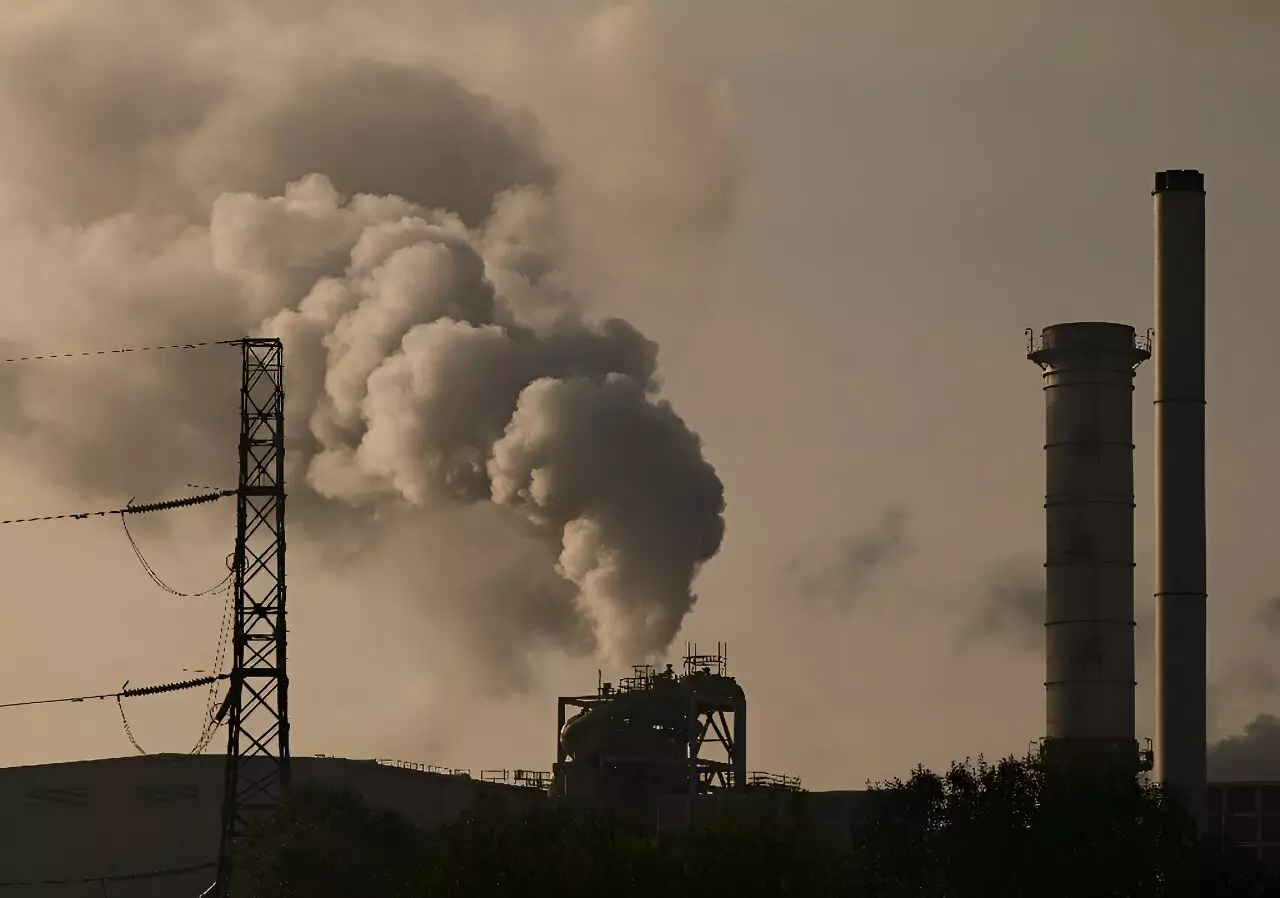The British Prime Minister Rishi Sunak’s government recently announced plans to build new gas-fired power stations in an effort to boost energy security. This decision has sparked criticism and raised concerns over the government’s climate policies, especially leading up to this year’s general election. Despite the government’s goal to achieve net zero carbon emissions by 2050, the move to construct gas power plants has stirred controversy among environmentalists and opposition leaders.
The Conservative government justified the construction of gas power plants as a measure to prevent the threat of energy blackouts in the country. The UK has been at the forefront of promoting low-carbon energy sources such as nuclear, solar, and wind power to tackle the increasing electricity and gas bills. The situation worsened after Russia’s invasion of Ukraine in 2022, leading to a disruption in gas supplies and a subsequent rise in living costs. The government emphasized the need for a reliable energy source during periods when renewable sources might not be sufficient.
Opposition leaders, including Labour energy spokesman Ed Miliband, have criticized Sunak’s government for its decision to prioritize gas power plants over renewable energy sources. Miliband highlighted the importance of transitioning to a decarbonized power system, which includes incorporating carbon capture and hydrogen technologies as backup solutions. He criticized the government’s failure to invest in clean energy solutions and lambasted the continued ban on onshore wind turbines.
Environmentalists have also expressed their discontent with the government’s decision, arguing that it contradicts the nation’s efforts to combat climate change. Greenpeace UK’s policy director Doug Parr condemned the government’s strategy, stating that increasing dependence on fossil fuels contradicts the goals of reducing carbon emissions and protecting the environment. The move to build gas power plants has raised doubts about the UK’s commitment to sustainability and clean energy initiatives.
Despite the backlash, the UK government maintains that the decision to build new gas-fired power stations is essential for ensuring energy security and preventing potential blackouts. Energy minister Claire Coutinho emphasized the importance of gas as a reliable backup for renewable energy sources, especially during periods of low wind or sunlight. The government aims to reach net zero carbon emissions in a sustainable manner, without compromising energy security or leaving the population vulnerable to energy shortages.
The debate over the UK’s energy security strategy reflects the complex challenges of balancing climate goals with the need for reliable energy sources. The government’s decision to build new gas-fired power stations has sparked criticism from various quarters, highlighting the divergent views on how best to address energy security and climate change concerns. As the country navigates towards a sustainable energy future, it is crucial to engage in constructive dialogue and consider a holistic approach that prioritizes environmental protection while ensuring energy reliability.


Leave a Reply